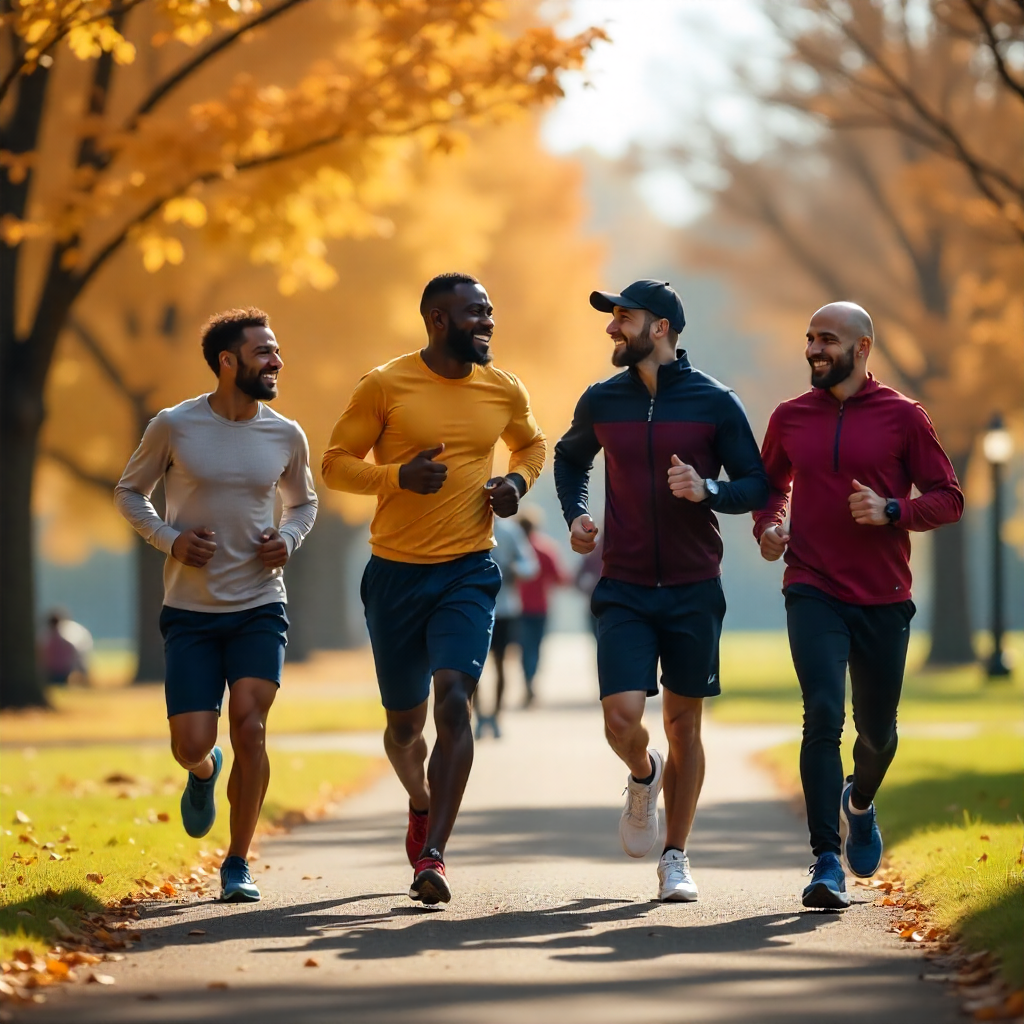Introduction to Old Man Fitness
Physical fitness is critical to good health and quality of life as we get older. In this guide, you will learn all the details about fitness for seniors: Safe & Effective Practices, The Old Man Fitness Health.
The Old Man Fitness Pulmonary Function: Regular exercise improves the condition of your heart and lungs, making them both stronger which can help reduce the chances for chronic diseases such as atherosclerosis heart disease diabetes lung cancer etc.
1.Old Man Fitness health.
Old Man Fitness Exercise helps symptoms of depression and anxiety Doing strength exercises or light weights resistance bands really helps strengthen the muscles and keep one joints healthy.
2.Better Mobility Old Man Fitness
An active lifestyle preserves flexibility, balance and strength so that you can avoid falls.Maintaining fitness and balance.
3. Old Man Fitness Work
Old Man Fitness increase in exercise strengthens old joints and muscles so, elderly independent to do works easily activation In person groups and classes.Regular exercise may help you sleep faster at night, and your quality of sleep can better.
The Old Man Fitness Routine
As the sun rises each day, an old man laces up his worn sneakers, a symbol of resilience and determination. With each step he takes, he not only strengthens his body but also his spirit. Fitness, for him, is more than just exercise; it’s a lifeline that connects him to cherished memories of youth, adventures, and loved ones.
Every drop of sweat reminds him of the battles he’s fought, the challenges he’s overcome. He recalls moments spent playing with grandchildren, the laughter echoing through the years, and the joy of feeling alive. In the gym, surrounded by younger faces, he feels a mix of pride and vulnerability, knowing that age is just a number.
Each workout becomes a meditation, a moment of reflection on the passage of time and the beauty of living fully. With each lift and stretch, he embraces the present, cherishing the gift of movement. His journey is not just about fitness; it’s about celebrating life, nurturing connections, and inspiring others. In his heart, he knows that staying fit is a promise to himself—to keep dreaming, exploring, and savouring every precious moment life has to offer

Why Fitness Matters
As we do age, the muscles shrink, the joints get the stifer, and the balance can become an issue. Regular exercise helps prevent these problems. stay active:
- Strengthens muscles and bones
- Improves balance and falls
- Increases health from the heart
- Keeps your mind sharp
- Makes daily tasks easier
- Even a small activity can make a big difference every day.
Simple Ways to Start
You do not need gym membership to stay fit. try:
- Walk: 20-30 minutes of walking every day keeps your heart healthy.
- Bodyweight Exercise: Wall push-ups, squats, and seated leg rise rise strength safely.
- Stretching or yoga: helps with flexibility, balance and joint comfort.
Consistency matters more than intensity. Even counting of small sessions!
Cardio for Heart Health
Moderate cardio keeps your heart and lungs strong. Options include:
- Swimming or water aerobics
- Cycling
- Brisk walking
- Avoid overexertion—slow and steady wins the race
Fitness For Older Men.
With age, maintaining physical fitness becomes more important. Physical exercise, of course, contributes greatly to improving the health of the human body; at the same time, it supports the mental aspect and the general quality of life. Here are ten must-have tips for older men interested in keeping fit and healthy.
1. Consult a Doctor.
Any new fitness regime requires one to visit his or her health provider first. It will be their prerogative to judge your current health status, review any medical conditions, and suggest appropriate types of exercise. Thus, your fitness plan is safe and according to your needs.
2. Take it Easy and Be Realistic.
If you haven’t exercised for years, start slow. Set small, achievable goals that will keep you motivated but won’t necessarily lead to injury. This might be something like 10-15 minutes of low-intensity activity a few times a week that continue to increase in length and intensity as you get used to it.
3. Add Strength Training.
Apart from fighting muscle loss due to ageing, strength training is quite crucial for elderly males. Do at least two strength training sessions per week. The emphasis would be on major muscle groups. This may involve free weights, resistance bands, or body weight exercises like squats and push-ups. All this will help in the improvements of muscle mass, bone density, and generally in strength.
4. Exercises Targeting Flexibility and Balance.
With increasing age, flexibility and balance become crucial. Incorporate some stretching exercises, yoga, or tai chi to help improve your flexibility and even prevent falls. Aim for at least 2-3 times a week with all major muscle groups and associated balance-enhancing moves, including single-leg stands.
5. Engage in Cardiovascular Activities.
Cardiovascular well-being is essential for general well-being. This includes moderate-intensity aerobic activity and can include walking, swimming, or cycling for at least 150 minutes in a week. These activities support the heart, improve mood, and build endurance. The timeline may begin with short sessions and increase to longer periods as time progresses.
Mental Benefit
Exercise is not just physical. Moving forward daily improves mood, reduces stress, and keeps your brain sharp. Walking with friends also adds a social boost.
Safety Tips
- Warm up before exercise and cool later
- Listen to your body – don’t push through pain
- Check with your doctor before starting a new routine
- Focus on the appropriate look to prevent injuries
Final Thoughts
Old man is about enjoying life with fitness energy and freedom. Start small, be consistent, and you will feel strong and more confident every day. Remember, never late to start – your body will thank you!



